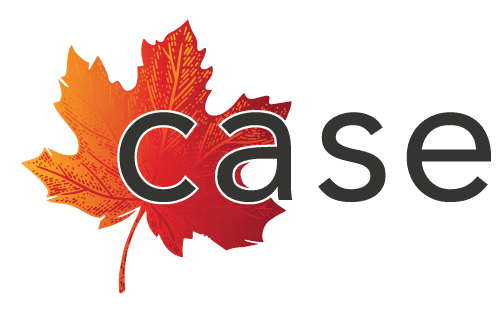Recruitment & Selection
Please Note
Inclusive Recruitment & Selection: What does it mean?
- Inclusive recruiting is the process of attracting, interviewing, selecting and hiring a diverse set of individuals through understanding and valuing different backgrounds, experiences and opinions. Inclusive recruiting should seek to attract applicants with diversity in a variety of areas such as age, gender, race and ability.
- If the recruiting process is not inclusive, it will likely gravitate towards candidates that the interviewer connects with on a personal level or those that look like the employees already in the workplace. Diversity training can help identify and eliminate this type of unconscious bias.
- Hiring persons experiencing disability is NOT an act of charity, nor is it doing your part for society. Employers should focus their attention on finding the best person for the job, taking into consideration attitudes, abilities, skills and personality.
Why is it important?
- Companies with diverse workforces typically outperform their competitors and report having more satisfied employees.
- Building a diverse talent pool allows managers to see different perspectives and to recognize that experience comes in many forms, including from outside the workforce.
- Diverse qualifications can add something new and exciting to a team, encouraging everyone to think outside their comfort zone and challenging them with new thoughts or ideas.
- To create inclusive teams, it’s important for the recruiting process to encourage more diverse hires.
- Failure to engage in inclusive hiring (or worse, actively engaging in discriminatory hiring practices) can lead to legal liability under human rights and accessibility legislation.
Sample Recruitment & Selection Policy
<Name of Organization> will notify prospective applicants that accommodations for applicants experiencing disability will be provided on request and will work with applicants to confidentially put into place the supports they might need.
Employers must also ensure that they comply with their jurisdiction’s local accessibility legislation, which often imposes recruitment accessibility requirements. For example, Ontario’s Accessibility for Ontarians with Disabilities Act, 2005 has accessibility obligations for small employers in the hiring and recruitment process. They are obliged to inform applicants selected to participate in an assessment or selection process (like an interview) that accommodations are available upon request. They must also consult with an applicant who requests an accommodation to provide suitable accommodation. This legislation is included in a list at the end of the HR Inclusive Policy Toolkit.
Putting It into Practice
- Ensure that your commitment to inclusion and diversity stands out at every step of the process, from sharing your policy to the messages and instructions used in your application system. As a small employer, this process does not need to be complicated. You can include your policy statement in your job postings and design a simple application process that minimizes frustration and confusion.
- Get creative about where to advertise openings. Consider reaching out to your provincial MentorAbility hub in order to increase your access to a more diverse labour pool. The Canadian Association for Supported Employment is a national network of employment specialists from coast to coast. We can connect you with a resource/agency in your area!
- If a particular group is not applying to open positions, find out where under-represented groups are looking for jobs, the kinds of jobs they might be interested in, and what can be provided that might encourage them to apply.
- Make efforts to attend networking and community events that cater to a diverse range of job seekers.
- While having a set of qualifications and guidelines can be helpful, review them carefully to ensure they are not reducing the chances of finding a great hire.
- When you have been concise and brief in establishing the criteria you will use to measure applicants, shortlisting should be easy and less impacted by personal bias.
- By making the recruiting and hiring process collaborative, a business owner is more likely to find individuals who do not fit a traditional mould. Include others in the decision to reduce bias by taking different perspectives into account.
- An inclusive hiring process is just one part. If the focus is only on building an inclusive hiring process without considering other areas, like the company culture, employees who don’t fit the traditional mould will be unhappy when they get into their new role. To encourage retention, the entire work environment needs to be inclusive.
- Explore the Hire for Talent “Selection Process” resource at www.hirefortalent.ca.
- In many regions, service providers are available to assist employers during the process of hiring persons experiencing disability and to help guide newly-hired employees in developing and enhancing self-advocacy skills and “soft skills,” such as time management, organizational skills and social skills.
HR Inclusive Policy Toolkit Links
Newsletter
Sign up for our e-newsletter and stay current with all the latest from CASE and supported employment work across Canada and beyond. You’ll also receive our latest promotions and offers. We will not share your email address with any third-party vendors. See our Privacy Policy for full details on how we protect your personal information.
Connect With CASE
Tell us about new, innovative supported employment initiatives your organization is spearheading. Please send us your ideas or advice on how CASE can better serve you.

